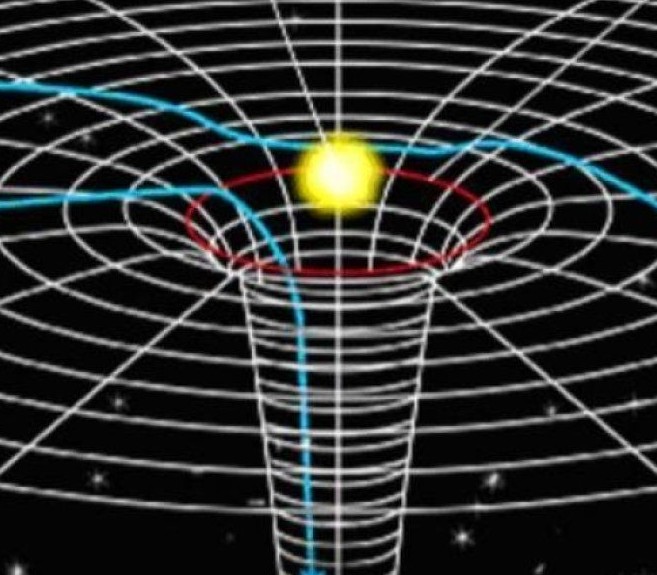Scope of Physics
The extent or scope of physics can be understood if one looks at its various sub-disciplines such as mechanics, optics, heat and thermodynamics, electrodynamics, atomic physics, nuclear physics, etc.
Mechanics deals with motion of particles and general systems of particles. The working of telescopes, colours of thin films are the topics dealt in optics. Heat and thermodynamics deals with the pressure – volume changes that take place in a gas when its temperature changes, working of refrigerator, etc. The phenomena of charged particles and magnetic bodies are dealt in electrodynamics. The magnetic field around a current carrying conductor, propagation of radio waves etc. are the areas where electrodynamics provide an answer. Atomic and nuclear physics deals with the constitution and structure of matter, interaction of atoms and nuclei with electrons, photons and other elementary particles.
Foundation of physics enables us to appreciate and enjoy things and happenings around us. The laws of physics help us to understand and comprehend the cause-effect relationships in what we observe. This makes a complex problem to appear pretty simple.
Physics is exciting in many ways. To some, the excitement comes from the fact that certain basic concepts and laws can explain a range of phenomena. For some others, the thrill lies in carrying out new experiments to unravel the secrets of nature. Applied physics is even more interesting. Transforming laws and theories into useful applications require great ingenuity and persistent effort.
What is the scope of Physics


